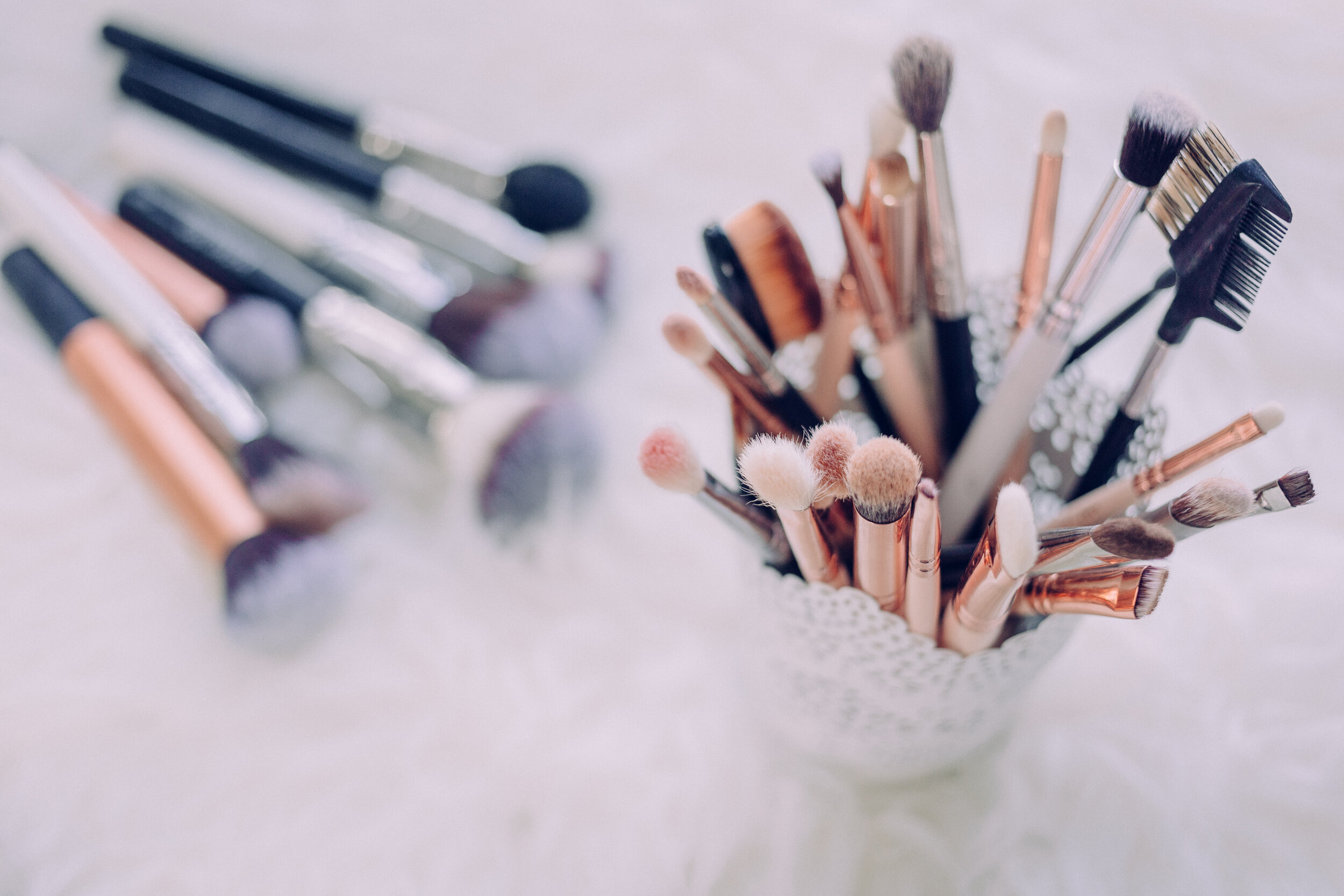How K-pop Beauty Standards Impacted Me
I was adopted from South Korea when I was seven months old. I grew up in a white American family, in a white community, completely cut off from Korean culture. As I grew older, I became more curious about my roots, and that’s when I started getting into K-pop. Before that, I never paid much attention to my appearance. I just didn’t really think about it. Maybe it’s partly because I was growing older, but when I turned twelve, my insecurities began to soar. I became a K-pop fan then, and I was introduced to the harsh Korean beauty standards. For the first time, I started to hate how I looked. From my tan skin, to my body, to my eyes, I started to hate it all. The biggest thing for me was my eyes. I have monolids, and in Korea double eyelids are seen as more beautiful. One time, a Korean said to me, “Oh, no double eyelid, but still pretty!” I know she didn’t mean it as an insult, in fact I think she meant it as a compliment; but it made me want double eyelids even more. When I was twelve, I began talking about double eyelid surgery, and researched it online. I wanted so badly to have them, yet I was too ashamed to buy eyelid tape because I didn’t want anyone to think I cared. I didn’t want anyone to think I was the kind of girl who conforms to beauty standards - but I was. I tried harder and harder to fit the Korean standards. I did everything I could, because I wanted to be beautiful in Korea. I started using sunscreen every time I left the house because in Korea, pale is beautiful. I stopped going outside as much during summer, so Iwouldn’’t tan. I began paying attention to what I ate, making myself feel guilty when, before, I could eat ice cream carefree. I think I tried so hard and developed so many insecurities about what’s “beautiful” in Korea because I just wanted to be accepted, get approval in a society that I’ve been cut off from.
Being adopted, it feels like there’s no place in the world where I can fit in. I thought maybe I could be accepted in Korea by being beautiful. I still feel insecure, I still watch videos on YouTube about getting double eyelid surgery, I still watch fancams of skinny K-pop idols, I still obsess over sunscreen and whitening skincare products, but I’m slowly beginning to realize society has implanted these ideas in me. I’d been living by K-pop beauty standards this whole time: 100 pounds, 23-inch waist, thigh gap, double eyelids, white skin--that’s been my goal for years. As I got older, I learned to hate myself. My insecurities peaked when I got to high school. I hated my body, my face, I didn’t know where I belonged, I cared more than ever about being pretty. It felt like no matter how hard I tried I’d never be accepted anywhere. In middle school, I had been fooling myself with that “I don’t care what people think about me” attitude.
I did care - I’d cared my whole life, I’d cared so much that my entire lifestyle became molded around pleasing others and fitting into Korean society where, realistically, I’ll probably always be an outcast. Back then, I thought, “As long as I’m pretty, maybe they’ll like me in Korea.” It’s a hard process, but I’m learning, slowly, how to love myself. I think it is true that people are typically nicer to people who are pretty - but there’s so much more to life than how you look.
I’m going to be honest, it does bother me that these beauty standards are barely talked about. In photos of K-pop idols, they’re whitewashed to the point that they look like ghosts. I know people with eating disorders who use K-pop idols as their thinspo. Everyone deserves to feel beautiful. Just because someone doesn’t fit society’s definition of “beautiful” doesn’t mean they’re not. I think people don’t know how much it can mean to hear someone you admire say, “You’re beautiful, everyone is, even if society says you’re not.” I hope that these unrealistic, unhealthy beauty standards change. I don’t see it happening anytime soon, but it starts with acceptance. I know I’m guilty of judging people on appearance, of being more inclined to be friendly to a pretty girl or smile at a handsome guy, but I’m learning there’s more to a person than how they look. Personality shines through someone’s appearances, and I am going to work harder to see the beauty not just in those who fit the ideals, but in everyone. The definition of “beautiful” changes from person to person, and I’m discovering that, for me, beautiful isn’t really about double eyelids or a thigh gap. Beautiful is about being kind, speaking your mind, expressing yourself. Society’s beauty standards are harmful, and it’s time we try to change our mindset about beauty.

